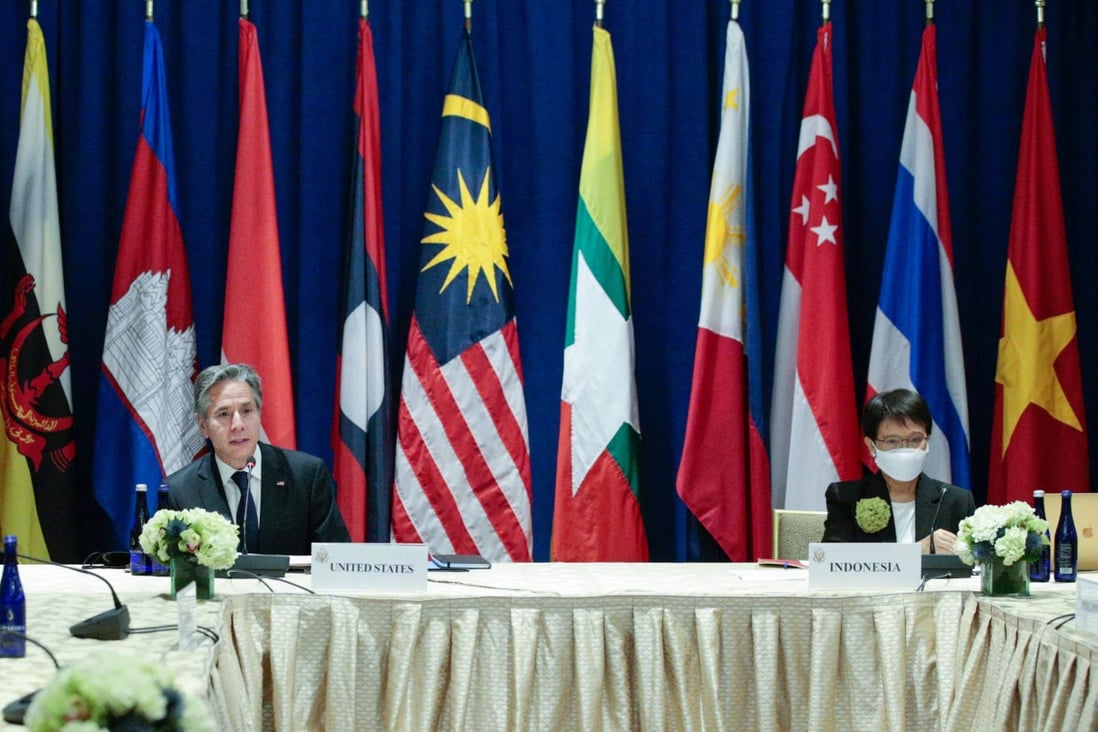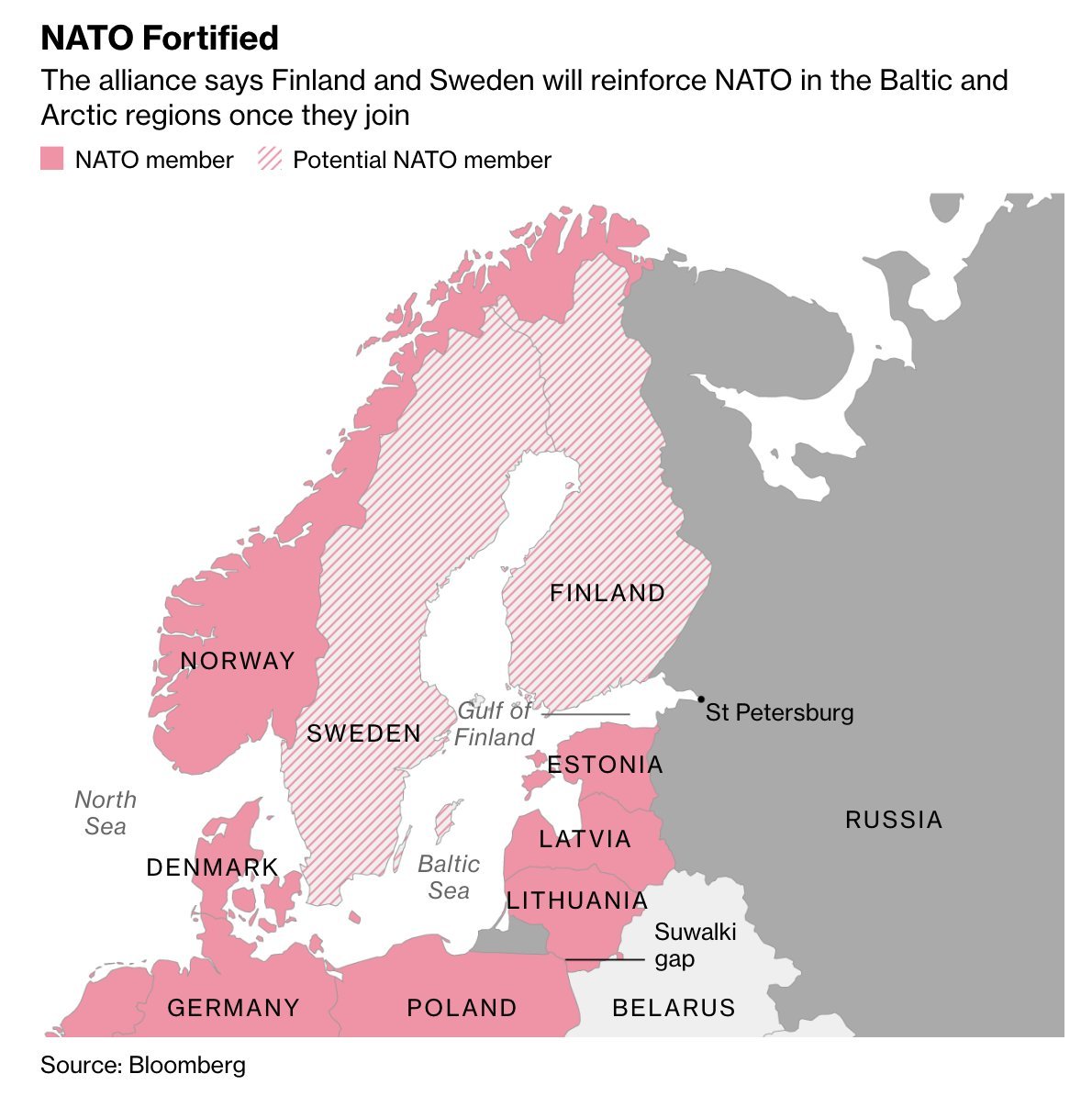China And Indonesia Deepen Security Cooperation

Table of Contents
Enhanced Maritime Security Collaboration
Maritime security is a cornerstone of China-Indonesia security cooperation. Both nations share extensive coastlines and vital maritime interests in the strategically important South China Sea. Their collaboration focuses on curbing illegal activities and ensuring the safety of their shared waters.
-
Joint Naval Exercises and Patrols: Regular joint naval exercises and patrols are conducted to combat piracy and illegal fishing. These collaborative efforts significantly enhance the capacity of both navies to respond effectively to maritime threats, fostering a shared sense of responsibility for regional maritime security. Improved coordination and information sharing are key components of these operations.
-
Coast Guard Cooperation: Cooperation between the Indonesian and Chinese coast guards is crucial for protecting maritime resources, preventing illegal fishing, and maintaining order in shared waters. Joint patrols and information exchange protocols are instrumental in combating transnational maritime crime. This cooperation aims to establish clear maritime boundaries and address overlapping claims peacefully.
-
Implications for Regional Stability: The strengthened maritime security cooperation between China and Indonesia has significant implications for regional stability in the South China Sea. By actively addressing shared security challenges, the two countries contribute to de-escalation and promote a more peaceful and cooperative environment in this contested region. This collaborative approach offers a model for other nations in the region.
-
Specific Agreements and Initiatives: Several bilateral agreements and initiatives have formalized this maritime security partnership, providing a framework for joint operations, intelligence sharing, and the development of coordinated responses to maritime threats. These agreements demonstrate the commitment of both countries to strengthen their maritime cooperation.
Counterterrorism and Transnational Crime Cooperation
Beyond maritime security, China and Indonesia are increasingly collaborating on counterterrorism and transnational crime. The shared threat of terrorism and organized crime necessitates close intelligence sharing and joint operations.
-
Intelligence Sharing and Joint Operations: Both nations actively share intelligence and participate in joint operations to combat terrorist organizations and transnational criminal networks. This collaborative approach allows them to disrupt terrorist activities and apprehend criminals who operate across borders.
-
Cybersecurity Collaboration: Cybersecurity is another key area of cooperation, as both countries face increasing cyber threats. Joint efforts are focused on preventing cyberattacks, enhancing cybersecurity infrastructure, and responding effectively to cyber incidents. This collaboration is crucial for protecting critical infrastructure and national security.
-
Impact on Regional Security: This cooperation significantly enhances regional security efforts against extremism and transnational crime. By working together, China and Indonesia contribute to a safer and more stable region, reducing the threat posed by terrorist networks and organized crime.
-
Successful Joint Counterterrorism Initiatives: Several successful joint counterterrorism initiatives have demonstrated the effectiveness of this collaborative approach. Sharing best practices and leveraging each other’s expertise enhances the capacity of both nations to tackle this complex security challenge.
Strengthening Defense Cooperation
Defense cooperation between China and Indonesia is also expanding. This encompasses various aspects, including arms sales, military training, and technology transfer.
-
Arms Sales and Military Technology Transfer: While details remain somewhat opaque, there has been an increase in defense-related exchanges between the two nations. This includes potential arms sales and military technology transfer, enhancing Indonesia's military capabilities.
-
Joint Military Training Exercises: Regular joint military training exercises are designed to improve interoperability and enhance military capabilities. These exercises contribute to building trust and understanding between the two armed forces.
-
Implications for Regional Balance of Power: The closer defense ties between China and Indonesia have implications for the regional balance of power. While the partnership might be viewed by some as a strengthening of China's influence, it also contributes to Indonesia's ability to better protect its own national interests. This relationship also fosters stability by creating a more multipolar regional security dynamic.
Economic and Development Dimensions of Security Cooperation
The economic and development dimensions are inextricably linked to security cooperation. Economic security underpins stability, and infrastructure development plays a crucial role in bolstering security.
-
Belt and Road Initiative (BRI): China's BRI has significantly impacted Indonesia's infrastructure development. Investments in ports, railways, and other infrastructure projects contribute to economic growth and enhance connectivity, indirectly bolstering security. Improved infrastructure enhances trade and facilitates the movement of goods and people, promoting stability.
-
Increased Trade and Investment: Growing trade and investment between the two countries strengthen bilateral ties, creating a mutual interest in maintaining regional stability. Economic interdependence fosters cooperation and reduces the likelihood of conflict.
-
Economic Security and Regional Stability: Enhanced economic security contributes to overall regional stability. By promoting economic growth and development, China and Indonesia indirectly enhance regional security by addressing the root causes of instability, such as poverty and inequality.
Conclusion
The deepening security cooperation between China and Indonesia is a multifaceted phenomenon with significant implications for regional stability and the broader Indo-Pacific. The collaborative efforts in maritime security, counterterrorism, defense cooperation, and economic development demonstrate the growing strategic partnership between these two influential nations. This collaboration is shaping the future security landscape of the region and deserves continued attention. To stay informed about the evolving dynamics of China-Indonesia security cooperation and its broader impact on the region, subscribe to updates from reputable news sources and engage in further research on China-Indonesia security cooperation. This collaboration will undoubtedly shape the future of the Indo-Pacific region, and understanding its nuances is crucial for everyone interested in international relations and regional security.

Featured Posts
-
 Enhanced Security Partnership China And Indonesia
Apr 22, 2025
Enhanced Security Partnership China And Indonesia
Apr 22, 2025 -
 A Pan Nordic Military Alliance Examining The Roles Of Sweden And Finland
Apr 22, 2025
A Pan Nordic Military Alliance Examining The Roles Of Sweden And Finland
Apr 22, 2025 -
 Blue Origin Cancels Launch Vehicle Subsystem Malfunction
Apr 22, 2025
Blue Origin Cancels Launch Vehicle Subsystem Malfunction
Apr 22, 2025 -
 Where To Invest Mapping The Countrys Hottest Business Locations
Apr 22, 2025
Where To Invest Mapping The Countrys Hottest Business Locations
Apr 22, 2025 -
 Ryujinx Emulator Shut Down Following Nintendo Contact
Apr 22, 2025
Ryujinx Emulator Shut Down Following Nintendo Contact
Apr 22, 2025
